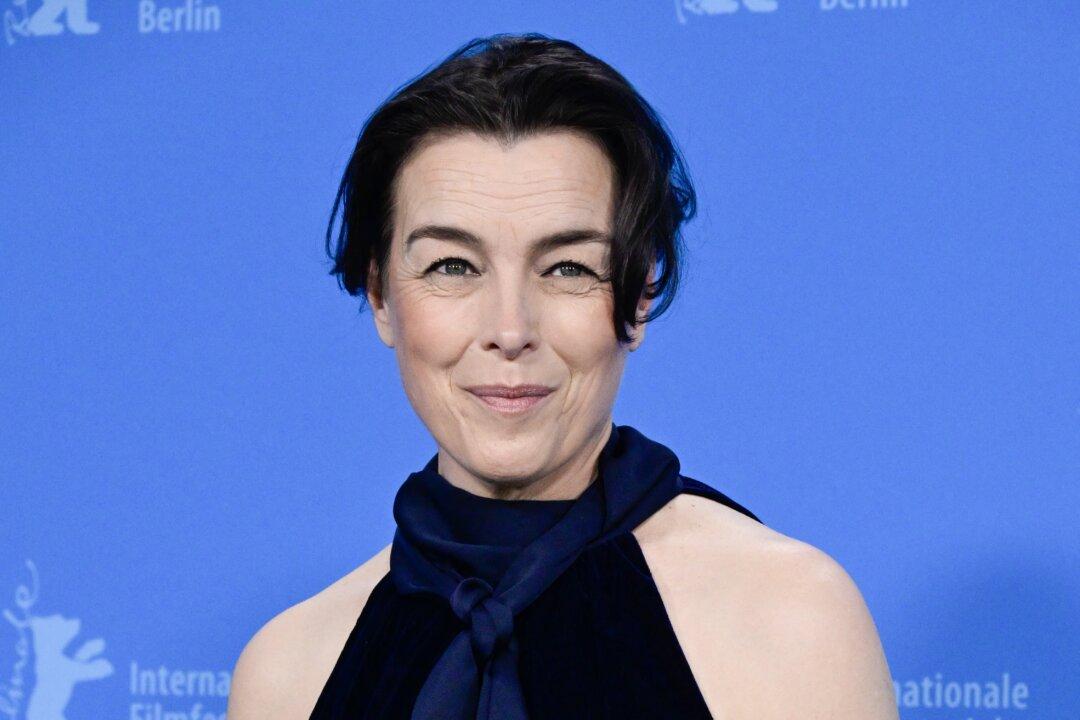British actress Olivia Williams, known for playing Camilla Parker Bowles in the final two seasons of Netflix’s historical drama series “The Crown,” has shared a stark health update amid her yearslong battle with VIPoma, a rare form of pancreatic cancer.
Speaking to The Times in an interview published on April 19, Williams, 56, said she'll likely never be free from cancer after her tumor spread to her liver—the result of a late diagnosis.





